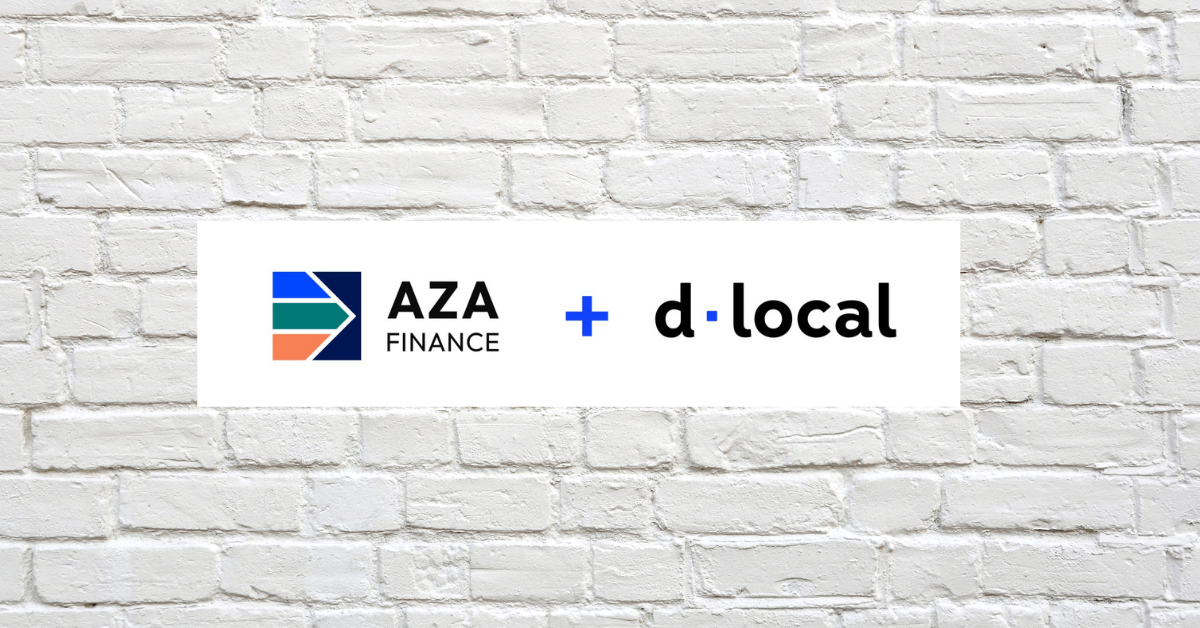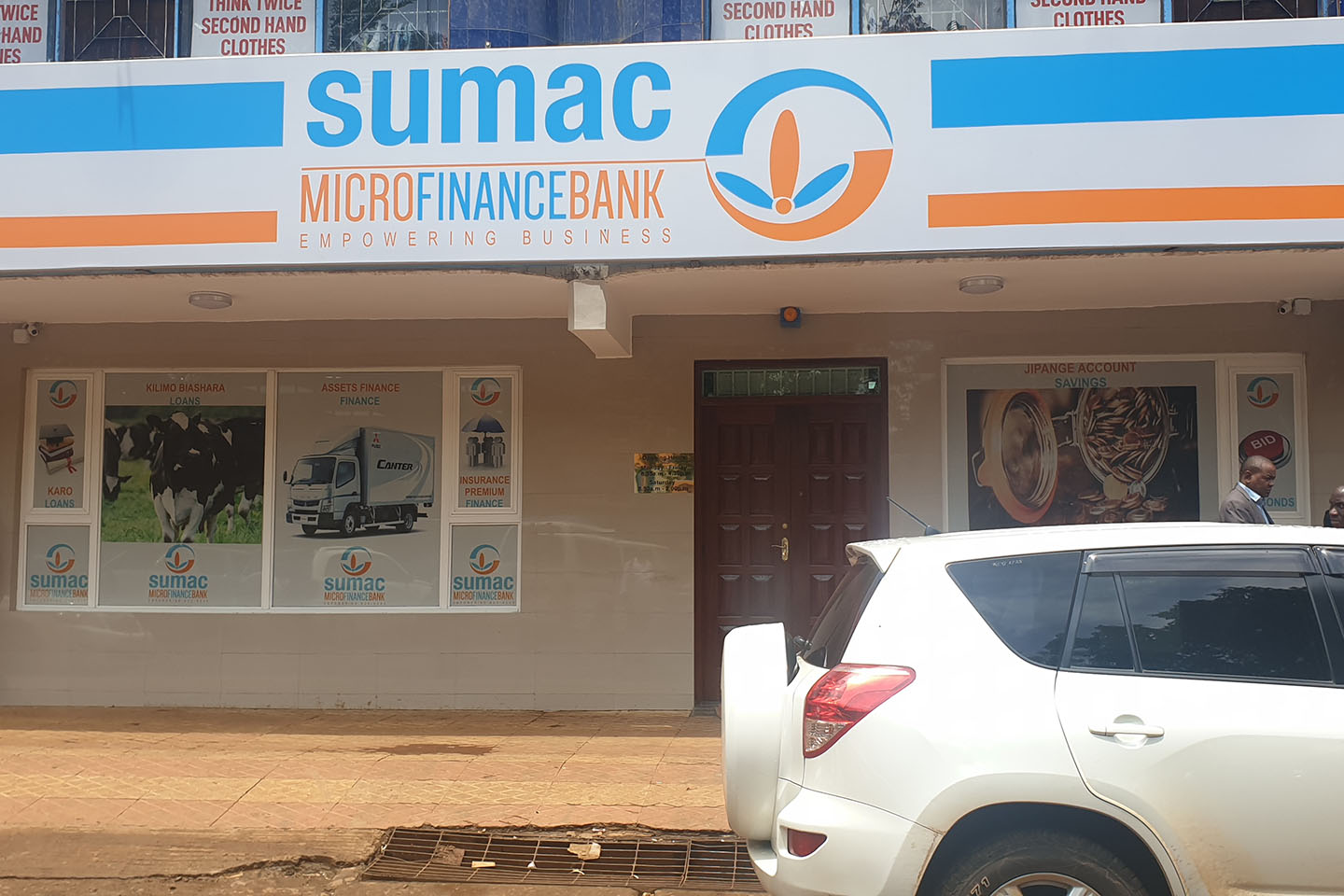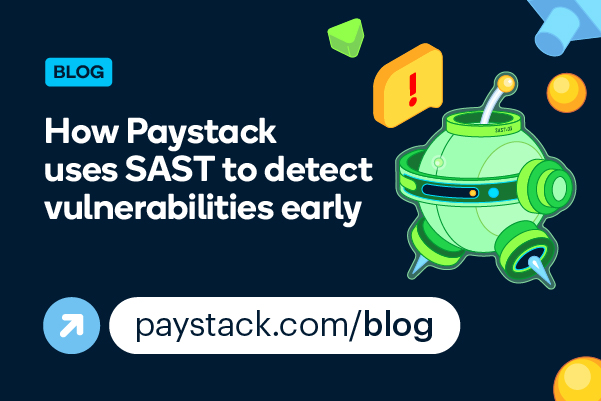- 👨🏿🚀TC Daily
- Posts
- dLocal to acquire Aza Finance
dLocal to acquire Aza Finance
Moniepoint set to acquire Kenya’s Sumac


Happy mid-week! ☀️️️
To our fellow Nigerians, how are you feeling about the string of holidays ahead? There’s so much rest in front—we hope you’re leaning into it. Word on the street is, our Kenyan friends are about to clock some public holidays too.
And to our non-Nigerian readers, we wish you strength and caffeine till your next break. 💪☕️
Let’s get into today’s dispatch.

Fintech
dLocal to acquire Aza Finance

dLocal, the Latin American fintech unicorn that connects global merchants to emerging markets, is in talks to acquire Aza Finance (formerly BitPesa), a cross-border payments startup, as it continues its expansion into Africa.
The company did not disclose the financial terms of the acquisition.
Why does this matter? The acquisition is dLocal’s first acquisition outside of Latin America. After capturing much of Latin American markets, dLocal has increasingly expanded into parts of Asia and Africa, with Aza Finance being its latest bet on the continent. The acquisition gives dLocal access to key African markets where it previously had no presence, including Botswana, Mozambique, and Guinea. Aza Finance operates in 17 African countries, while dLocal currently supports local payment processing in 13. Aza Finance will also gain access to dLocal’s global merchant network as a result of the deal.
DLocal intends to incorporate Aza Finance’s team, utilizing their extensive local knowledge to support ongoing growth and enhance operational scalability.
Aza Finance: Founded in 2013 by Elizabeth Rossiello, Aza Finance was one of Africa’s earliest cross-border remittance startups. The company initially focused on leveraging Bitcoin and blockchain technology to facilitate faster and more cost-effective cross-border payments in sub-Saharan Africa. The company aimed to address the high costs and inefficiencies associated with traditional remittance methods by enabling Bitcoin-based transfers, allowing users to bypass conventional banking channels.
The acquisition continues a run of fintech acquisitions on the continent. In January, Nigerian fintech LemFi acquired Irish currency exchange platform Bureau Buttercrane. In the same month, Stitch, a South African fintech startup that provides online payments infrastructure for large enterprises, acquired ExiPay.
Join Fincra for an Exclusive Side Event at Money20/20 Europe

Fincra is co-hosting “Stablecoins & The Future of Payments” at Money20/20 Europe with Utila, Rail, Wirex & more. Join fintech leaders for insightful panels & networking. Limited spots - RSVP here.
Fintech
Moniepoint’s second time lucky in Kenya?

After its first date with KopoKopo didn’t quite go as planned, Nigerian fintech Moniepoint is giving Kenya another shot—this time with Sumac Microfinance Bank.
The Competition Authority of Kenya (CAK) has approved Moniepoint’s bid to acquire a 78% stake in Sumac, potentially giving it a shortcut into one of Africa’s most competitive mobile payments markets valued at $67.3 billion (KES 8.7 trillion).
The deal still requires the Central Bank’s approval , but if it is successful, Moniepoint will acquire a medium-sized microfinance bank with $8.1 million (KES 1.05 billion) in assets and nearly 44,000 active loan accounts.
Know more: Sumac began in 2002 as an investment group and has since evolved into a fully licensed lender, offering a range of services including SME loans and forex trading.
The move fits a broader trend: fintechs snapping up licensed operators to skip the red tape and hit the ground running. Moniepoint, which is based in Nigeria but registered in the U.S., has committed to keeping all of Sumac’s employees on board.
Let’s just hope this one goes the distance. Read the full story by our East African reporter Adonijah Ndege.

Tired of declined payments? Avoid the side-eyes at the cash till with Paga's physical prepaid card. Designed to give you control, security, and ease. Fund and spend with confidence. Get yours today!.
Fintech
Fincra secures Tanzanian licence to drive East African expansion

Steady stepping across borders. Fincra, we see you.
Lagos-based fintech, Fincra, has secured a licence from the Bank of Tanzania to operate as a patent service provider in the country.
“What’s the big deal?” Think of it like getting a driver’s licence before hitting the road. You can’t operate without it. With the issuance of this licence, Fincra is legally allowed to offer its financial services in Tanzania. This means that businesses and developers in the country can now plug into Fincra’s suite: payment APIs, payment links, virtual accounts, and checkout services.
ICYMI: Fincra recently got a Third Party Payments Provider (TPPP) licence in South Africa. This licence allows the startup to process debit and credit card transactions, electronic fund transfers (EFTs), real-time clearing (RTC), and rapid payments.
Why Tanzania? The Tanzanian market is evolving digitally with a surge in mobile and digital payments. Mobile payment transactions increased by 26.73% in 2024, with transaction values rising from TZS 154,707.77 billion in 2023 to TZS 198,859.29 billion in 2024. The number of active mobile money subscriptions also increased by 17.46%, growing to 63.21 million subscribers in 2024 from 51.72 million in 2023.
What’s Fincra trying to do? Fincra wants to build Africa's payment infrastructure— it wants to be the ‘tech behind the scenes’ that helps businesses send and receive money locally and across borders. This Tanzanian license is a step towards expanding across East Africa, as it already operates in Kenya and Uganda. Fincra is also active in Ghana, South Africa, Europe, and North America.
How Paystack protects your business from cyber fraud

Discover how Paystack uses Static Application Security Testing to identify and prevent security threats before they become issues. Learn more →
POLICy
Kenya wants to give KRA your data—again

The Kenyan government wants to remove the rule that protects your privacy.
Here’s the deal: In December 2024, a clause that bars the Kenya Revenue Authority (KRA) from compelling businesses to share personal data collected from their customers was introduced in Section 59A(1B) of the Tax Procedures Act.
This rule stops the tax guys from getting access to your sensitive financial information, such as your bank transactions and mobile money. Now, they want to quietly delete it. They didn’t make any big announcements. Their proposal was stated in a single line of a . long Finance Bill
They’ve tried this before: A similar proposal appeared in the 2024 Finance Bill. This proposal sought to change the Data Protection Act, thereby giving KRA full access to citizen data held by banks, telcos, schools, and transport authorities. It faced a lot of pushback from civil society groups, lawyers and a rejection by the parliament. After nationwide protests that escalated to violence , the proposal was dropped.
The Law Society of Kenya, along with 10 other entities, have opposed this clause. Citizens have also taken to social media to question the relevance of KRA’s access to sensitive information.
Sure, the government says it's about closing tax loopholes and expanding the tax base.
But let’s be real: Do we really understand what they need all this access for? If privacy has to be traded, shouldn’t we at least know the price?
CRYPTO TRACKER
The World Wide Web3
Source:

Coin Name | Current Value | Day | Month |
|---|---|---|---|
| $104,800 | 0.96% | + 11.62% | |
| $2,539 | 2.53% | + 49.75% | |
| $0.001647 | - 1.52% | - 68.26% | |
| $154.50 | 1.28% | + 12.53% |
* Data as of 05.15 AM WAT, June 4, 2025.

Raising funds? Use the pitch deck template built for African crypto & fintech startups. Proven structure, investor-ready format. Get noticed, get funded. Drop your email now to get it instantly
Events
- Digital Equity Africa presents the first AI Summit for Children in Africa, empowering young minds for an AI-driven world. Don’t miss out, register here!
- The UNDP Nigeria Innovation Centre, in partnership with TechCabal and TechCabal Insights, is inviting voices from across the innovation ecosystem—startups, creatives, hubs, academia, and government—to share insights through the Ecosystem Engagement Survey. Your input will help shape collaborative solutions that address Nigeria’s development challenges, unlock new opportunities, and inform how innovation and digital transformation efforts are supported across the country. It's a call to co-create the future together. Fill the survey here.


Written by: Opeyemi Kareem and Adonijah Ndege
Edited by: Faith Omoniyi
Want more of TechCabal?
Sign up for our insightful newsletters on the business and economy of tech in Africa.
- The Next Wave: futuristic analysis of the business of tech in Africa.
- TC Scoops: breaking news from TechCabal
P:S If you’re often missing TC Daily in your inbox, check your Promotions folder and move any edition of TC Daily from “Promotions” to your “Main” or “Primary” folder and TC Daily will always come to you.

How did you find today's edition of #TCDaily? |


